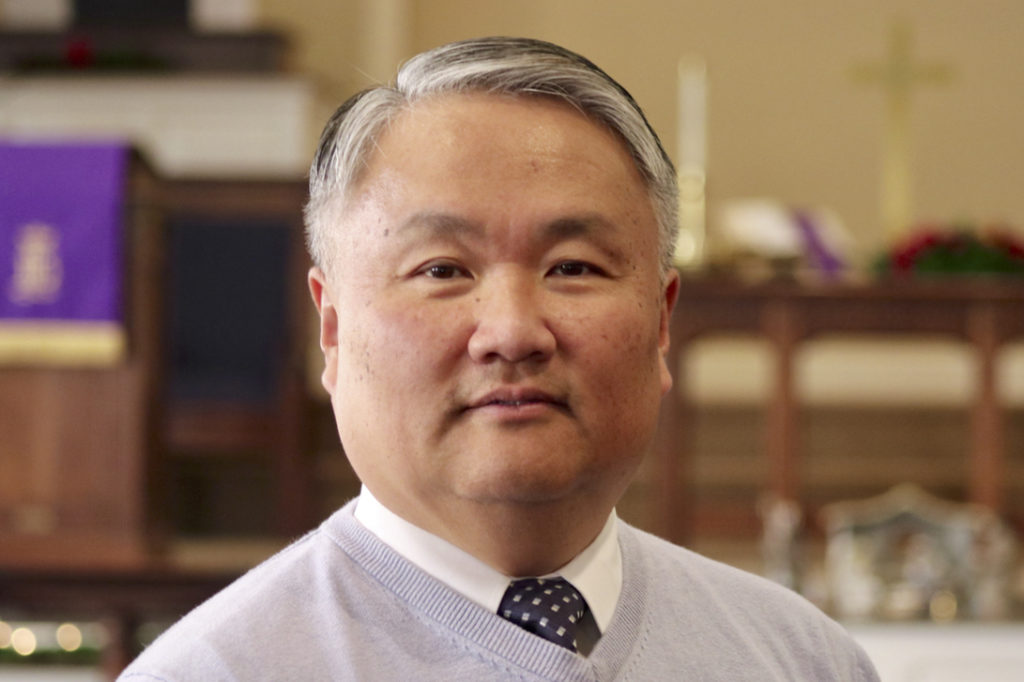
What can we do in the New Year to help build inclusive communities amid a time of polarization?
BY DAVID RYU
A pastor received a brand new appointment to a church that had a long history in their city. For the first few months of his appointment, the pastor listened carefully to the stories of his members who had attended this church for many years. “Pastor, back in the day, we had hundreds of people worshipping in our sanctuary,” they said. “Our hope is to have more families join our church so that our ministry can be vital again.”
He began to prayerfully discern how to revitalize the church, and he asked a very important question:
“Who is missing in our church today?”
Most of his congregation members lived outside the church community because demographics of the area completely changed over the years. In trying to answer the question of who was missing in their church, he began to walk around the neighborhood and see who lived within a two-mile radius of the church. His conclusion was that his church didn’t have anyone from this neighborhood.
For the next few months, he spoke to the residents in the neighborhood and invited them to his church. Each Sunday, as he went up to the pulpit to preach, he looked for the people who showed interest in coming to his church. But no one came. He again spoke to some of the people in the neighborhood. They told the pastor the doors were locked when they came to his church on Sunday.
He began to investigate to see what was happening and quickly discovered that his ushers locked the front doors of the church during the start of their Sunday service so that no outsiders would get in. Needless to say, he was dumbfounded and began to implement changes.
Although the suggested changes would have helped foster the growth for the congregation, the members would not approve his suggestions because, in their opinion, having the people from the neighborhood was too dangerous.
He spent a year trying to build a church for the community, but he realized his church wasn’t going to open its doors for the community.
This true story was shared with me by a colleague of mine who was the appointed pastor to that church. As I reflect on the condition of our nation today, I can’t help but see similarities of this story that reveal the same kinds of segregation, discrimination and alienation that people face each day.
I completely understand the importance of safety and security, but we must not allow the evils of this world to dictate how we are to live out our faith in the community. The last thing I want to see is a knee jerk reaction by locking our doors to the place of worship because certain individuals decided to take their brokenness out on innocent people.
So who is missing in your church?
I believe there are many people that want a community where they could belong and feel safe. My hope is that we extend the invitation of God’s love to all people that live in our community so that no one will ever feel like we are an exclusive club, let alone a closed or locked community.
As an American family that has roots reaching back to South Korea, we have experienced the embrace of a community that looks beyond ethnicity and seeks to partner together in reaching the lost, the last and the least. Our testimony is: If you love first, you will also see love reciprocated.
Let’s start here.

The Independent News posed a question to community leaders, writers and artists: What can we do in the coming New Year to help build inclusive communities amid a time of polarization? If you would like to share your own thoughts, respond to this project or even complain, please email letters@princessanneindy.com.
The Rev. David Ryu is lead pastor at Charity United Methodist Church in Pungo.
© 2017, 2018 Pungo Publishing Co., LLC

